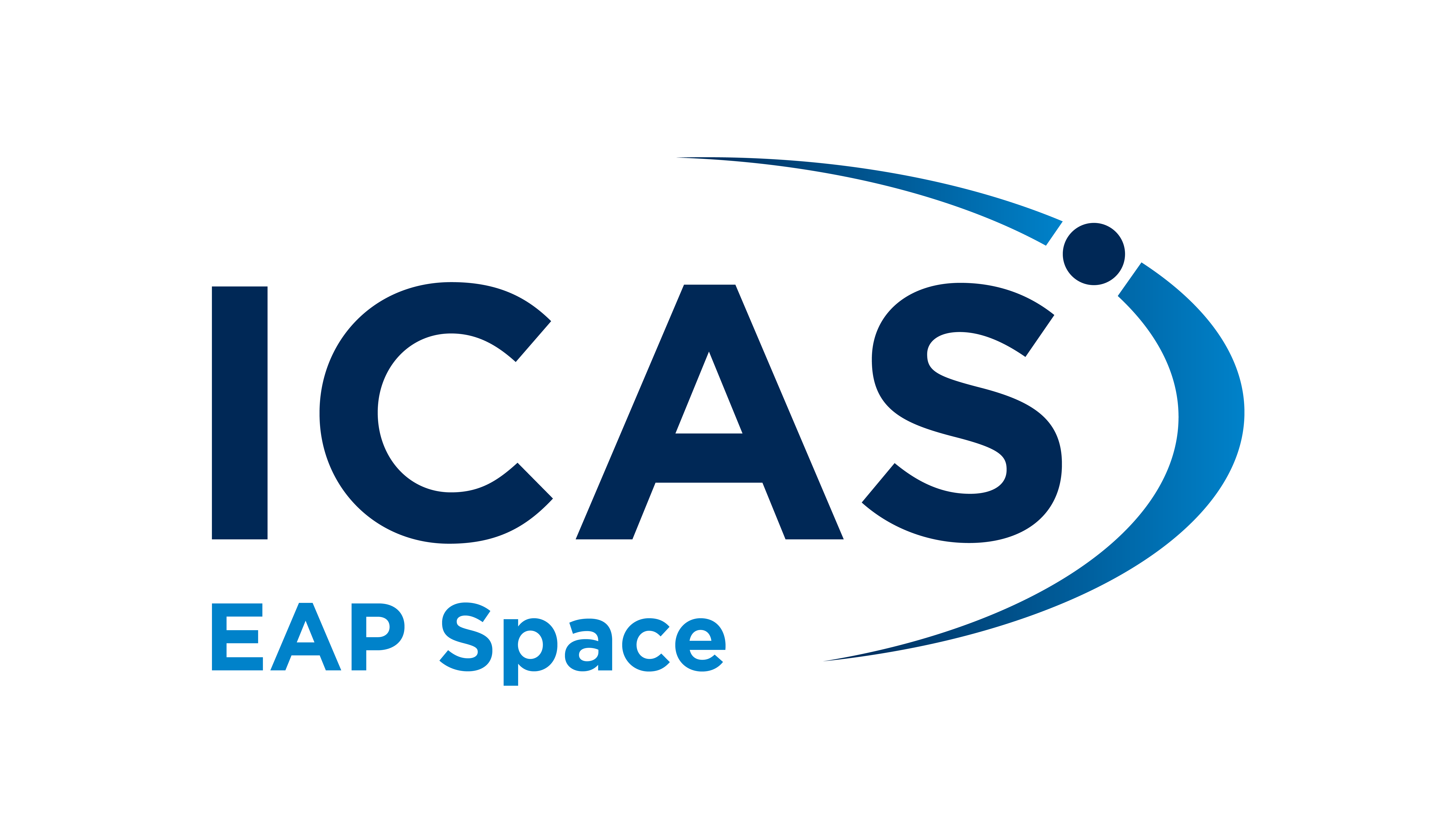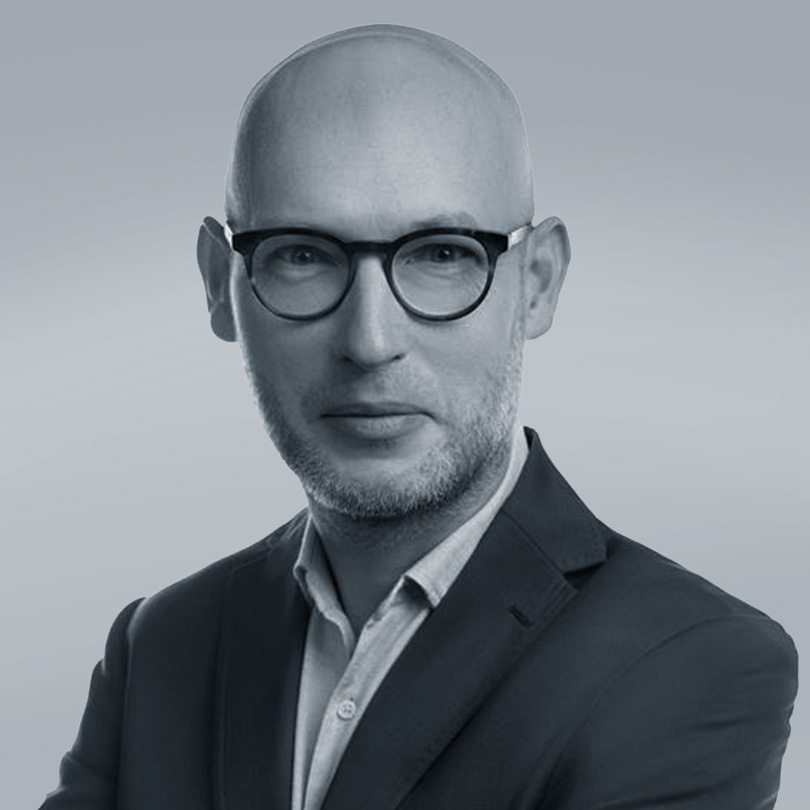Tomasz Zacharczuk: In recent years, we have transformed the concept of security in every respect. During the pandemic, there was a lot of talk about health security. On the other hand, wartime events have shifted the broader discourse towards national security. Meanwhile, equally important for our daily lives is financial security. Perhaps we tend to forget about it a bit?
Krzysztof Nawelski: Financial security is important because we live in a world of constant change that requires us to continually adapt. However, our knowledge of economics and entrepreneurship that we inherited from home or school often has little to do with the practicalities of managing our own money. Of course, we have some basics, but the information and advice we’ve acquired over the years can quickly become outdated. The experiences in managing a household budget that our parents had a few decades ago may now be entirely obsolete, for various reasons.
Primarily because today budgets require consideration of a greater amount of data. We can still create them in the traditional paper format, but we also have access to new technologies in the form of specialized financial management applications. However, despite this electronic support, we still haven’t developed the right habits. We believe we already know everything. Meanwhile, we live in a world of chaos. We are bombarded with information, but we struggle to extract what is truly essential for us.
Even in the realm of finance, there is a phenomenon called FOMO (fear of missing out). We fear financial exclusion because someone has a new phone, a new car or a new cooking device. We don’t want to be excluded from this community, so we make emotional purchase decisions, even if we can’t afford the item. We often fail to verify whether our financial means actually allow us to make the purchase.
We still need knowledge, experience and practice. This is so that we can prevent a financial crisis when we have to deal with job loss, the absence of a bonus or unexpected expenses. We must be able to respond to situations that cannot be entirely predicted. The course we completed at ICAS Poland is precisely the first step in refreshing our knowledge about our finances.
TZ: In our society, there seems to be a prevailing belief: “my money, my business.” We don’t like to talk about finances, sometimes not even with our loved ones, and especially with external specialists. One of the goals of the course you conducted was to familiarize participants with the idea that it’s worthwhile to occasionally discuss one’s own finances and seek advice from experts.
KN: Finances, especially personal ones, remain a rather delicate matter. You’re right, we don’t like to talk about money. In various professional settings, salaries are confidential and a taboo subject. Even in job advertisements, salary ranges for specific positions are rarely disclosed. Not only employees but also companies do not like to be compared in terms of their financial capabilities. Money is also a topic we avoid in family and social circles. We fear being pigeonholed based on how much we earn. I believe this discomfort stems from discussing finances.
We inherit these habits from our homes. If our loved ones avoided such discussions, didn’t manage a household budget, and didn’t expand their financial knowledge, it’s highly likely that we will replicate these patterns in our behavior. This is especially disadvantageous in financial crisis situations, where support from another person is a crucial element. However, it’s challenging to expect such support if we can’t admit to the crisis. Courses like this one highlight the need for communication, self-education, and seeking external advice.
TZ: The absolute foundation of financial security is managing our personal finances. One of the simplest methods to achieve this goal is the household budget you mentioned. How can we develop the habit of maintaining it, and what does it genuinely offer us?
KN: It often happens that we are accustomed to receiving our salary into our account every month. We also have a rough idea of our monthly expenses, but we may not realize that these expenses and income can vary in different months. After all, the amount of our salary, as stipulated in our employment contract, changes due to the progressive income tax in our country. There are also limitations related to social security contributions (ZUS) that can shape our monthly earnings. Our expenses are also variable and depend on specific, current needs.
When creating a budget, it’s essential to both record expenses and attempt to forecast how much we can spend in the next month. It’s crucial to analyze discrepancies and draw conclusions. This provides us with the opportunity to control not only fixed expenses, such as loans and credits, but also variable ones like food, clothing, or entertainment. Only then can we notice areas where our extravagance is unwarranted. Certainly, hard data in a notebook, Excel, or an app will speak more strongly to us than loose mental calculations.
TZ: In the context of expenses, you mentioned during the course the “latte effect,” which helps us realize how many seemingly trivial purchasing decisions can actually deprive us of quite substantial amounts of money.
KN: Yes, it’s actually an effect related more to our psychology. We often set a certain barrier that we don’t want to exceed in our expenses. When choosing a washing machine for 1000 Polish złotys, we can contemplate its purchase for weeks – analyzing various offers in search of the best one. Meanwhile, we spend money effortlessly and without reflection on daily indulgences. It’s the coffee bought on the way to work, an energy bar, or a sandwich. If we spend 6 or 8 złotys on these every day, it adds up to a substantial amount over the course of a month. Over the year, it turns out that these small pleasures, for which we pay regularly, exceed the price of the mentioned washing machine. It’s worth recalculating how many seemingly insignificant expenses slip through our fingers. This will also help us better manage our budget.
TZ: During the course, you asked participants what they save their money for. Answers included buying a house or apartment, saving for retirement, or saving for dream vacations. However, many people also mentioned saving for the so-called “rainy day.” Professionally, we can refer to this as a “financial cushion.” Why is it so helpful?
KN: At the beginning of our conversation, I emphasized that we live in a world of constant change. Often, these changes have a highly unpredictable course. Events can occur in our lives that can significantly impact our finances. This includes job loss, illness, the death of a family member, but also the birth of a child or a car breakdown. As a result, we have unexpected expenses. In such situations, quick reactions matter, and this is made possible by creating a “financial cushion” or an emergency fund, specifically for unforeseen expenses. It’s best if such a cushion provides us with stability for three, six, or twelve months.
TZ: Saving is, of course, one of the fundamental methods of ensuring financial security. The level of security can also be increased by multiplying available funds. However, this can vary. Would you agree with the statement that Poles are afraid to invest their money?
KN: Definitely yes. Fear is one of the significant factors that inhibit our inclination to engage in various types of investments. It most often pertains to the risk associated with committing one’s capital to specific activities. Fear also stems from a lack of financial knowledge and distrust in banks. When we do decide to invest, we typically opt for tried and tested, safe options such as real estate or currencies.
TZ: What about modern investments? Crowdfunding? Cryptocurrencies?
KN: Cryptocurrencies are associated with significant investment risk and require substantial financial investments to generate satisfactory profits. This certainly discourages many people. In addition, the cryptocurrency market and related issues remain unregulated in Poland. They are outside financial supervision. You need genuinely specialized knowledge to navigate this area with a high degree of ease and confidence.
Crowdfunding, which you mentioned, seems to be a somewhat safer solution. In this case, investment involves placing capital in business solutions, start-ups, and products created by companies using modern tools. For instance, in the medical or biotechnology sector. The vaccines used during the pandemic, for example, were solutions financed by crowdfunding, with funds from private investors, which paid off in this case. However, it’s important to remember that there is also a fairly high investment risk here because we don’t have certainty that the technologies we support will come to fruition and generate a suitable profit for us.
During the ICAS Poland course, I emphasized the importance of primarily using the method of small steps, learning, drawing conclusions, and diversifying your investments. Avoid accumulating money in one place, don’t focus on quick profits, prioritize your security, and make use of external experts’ experience.
TZ: I’ll go back to the question you posed to course participants. It concerned what they save money for. Many answers were related to buying a house or apartment, which often involves taking out a mortgage. How can we efficiently manage our money and financial security to ensure our creditworthiness?
KN: Banks primarily look at our creditworthiness and consider many factors. Fundamental to this is monitoring our credit history. If someone has never taken a loan or credit, the bank essentially has no experience with such a person. We are a big unknown to such an institution, making it difficult to determine our prospects. Information about us from various financial institutions is collected by the Credit Information Bureau (BIK), a popular agency for banks. Of course, it’s worthwhile to create such a credit history in advance. Take a loan or credit, and what’s crucial is to repay them on time. Even one day of delay provides information that is stored in BIK and later analyzed by a specific bank.
And this naturally affects our credit rating and credit potential. It’s also worth considering taking a loan or credit with another person, often a family member, who has a better creditworthiness than us. The more data the bank has about us, the easier it will be to determine our loan repayment capacity. If we earn well but have a lot of other obligations like installment payments, alimony or fines, we must be aware that our creditworthiness will automatically decrease. Of course, having your own funds for buying a house or apartment will also help positively influence our creditworthiness. In the eyes of the bank, we must be primarily seen as a good and creditworthy borrower. This cannot be achieved without taking care of our own finances and having a suitable credit history.
TZ: During the course, you also provided practical tips on retirement savings. There were many professional pieces of advice on the retirement system and its pillars, but one seemingly mundane issue caught my attention the most – how we want our retirement to look and how much we want to spend while on it. Only after answering these questions should we even begin to plan our golden years.
KN: Of course, fundamentally, we should look at our entire professional life. How it progressed, what our earnings were, how the level of income changed over the years, how our expenses shaped up and what other financial goals lie ahead. Is it building a house? Changing residences? A dream vacation? Or maybe just improving our standard of living on retirement? We also need to answer the question of how we want to spend our retirement. Only then we can determine our financial needs.
Certainly, it’s impossible to precisely calculate the amount we’ll need on retirement. Many variable factors come into play. Expenses related to paying off a home or apartment mortgage may decrease, but other obligations will likely arise: the need to spend more on medication and medical care, the desire to financially support our children and grandchildren, or the realization of plans for which there wasn’t enough time and money during our working years.
We must also remember that our retirement income will not fully reflect our last earnings. Today it’s about 50 percent, but over the next 15 to 20 years, this figure could drop to as little as 20 percent. We certainly have annual pension and disability benefit adjustments, but we also have inflation, which largely absorbs this difference, so the disparity between income and retirement will widen. I also emphasized this to the participants of our course. Moreover, there were many questions about pension matters, so it’s clear that many people are already thinking about securing their old age.
TZ: We can certainly keep an eye on our household budget, save and invest, but it doesn’t guarantee that we won’t experience a financial crisis sooner or later. It can be caused by random events, but it can also be a consequence of our decisions. What would you point out as the most commonly made financial mistakes?
KN: One of the main ones is the one we talked about right at the beginning, which is precisely the household budget, or more specifically, not planning it, so we have no awareness of how much we spend and what we spend our money on. In my opinion, this is the most common cause of crises. We simply don’t know where our money is going. Another mistake is spending beyond our income. Using credit cards can also lead us into a crisis. We go to the store, pay with a card, and in this way we don’t control our finances. Then we check our account statement, and suddenly we realize that we have to somehow pay it off.
All these behaviors lead to one thing – we repay our obligations with new obligations. When unexpected expenses and random situations are added to this, decision paralysis sets in and we fall into a spiral of debt. That’s why preventive actions and daily financial security measures are so important.
TZ: You can take care of your finances with the help of experts and advisors from ICAS Poland as part of the Employee Assistance Program (EAP). Employees enrolled in our program can contact consultants 24 hours a day, every day, through a telephone line, chat or via email.









